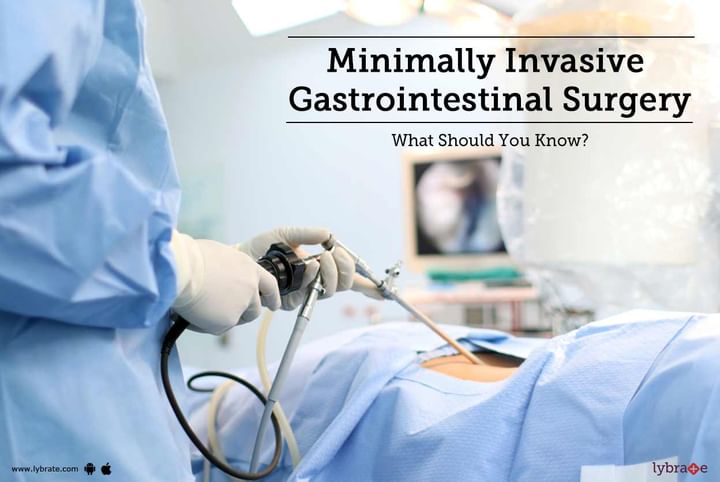Minimally Invasive Gastrointestinal Surgery - What Should You Know?
Minimally invasive gastrointestinal surgery, also identified as laparoscopic surgery or hand-assisted laparoscopic surgery (HALS), deals with minimally invasive methods where only one small keyhole incision is made in the abdomen in order to treat diseases originating from the gastrointestinal tract. This is, however, in contrast to traditional modes of open surgery, which generally work on the colon or on other parts of the intestine. These keyhole incisions are only about 5mm to 10mm in size and are therefore less harmful, in addition to boosting recovery time.
Need for minimally invasive gastrointestinal surgery -
Laparoscopic surgery is capable of treating the following conditions -
1. Crohn’s disease
3. Gall Bladder Stone
4. Gall Bladder Removal
5. Abdominal hernia
6. Hiatus hernia
7. Surgery for Hernia
10. Familial polyposis
11. Rectal prolapse
12. Chronic severe constipation
Procedure -
Firstly, keyhole incisions are made to pave the way for access ports. It is through these access ports that your surgeon will insert the laparoscope and other surgical tools to begin the operation. With the help of the laparoscope, your doctor can view the transmitted pictures that will be displayed on the video monitor.
This kind of surgery can perform the following operations -
- Proctosigmoidectomy
- Total abdominal colectomy
- Abdominoperineal resection
- Total proctocolectomy
- Ileocolectomy
- Fecal diversion
- Rectopexy
Self-recovery -
After surgery, you may steadily resume daily activities after a few days. Walking is an essential necessity for faster recovery. In a matter of weeks, you will be fit to perform mild exercises to regain strength. Lifting heavy objects, however, is not advisable as it may cause back problems or cause the stitches to tear loose.



+1.svg)
